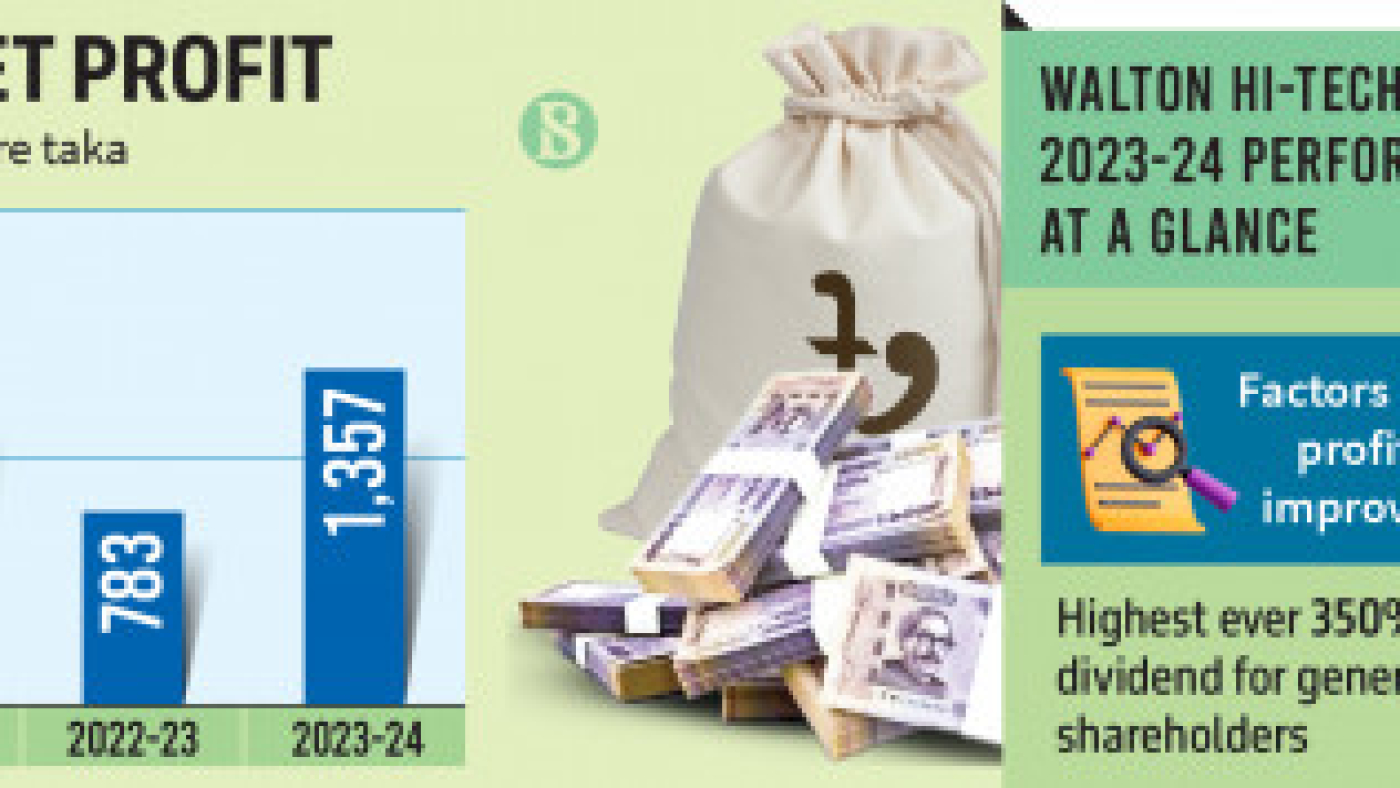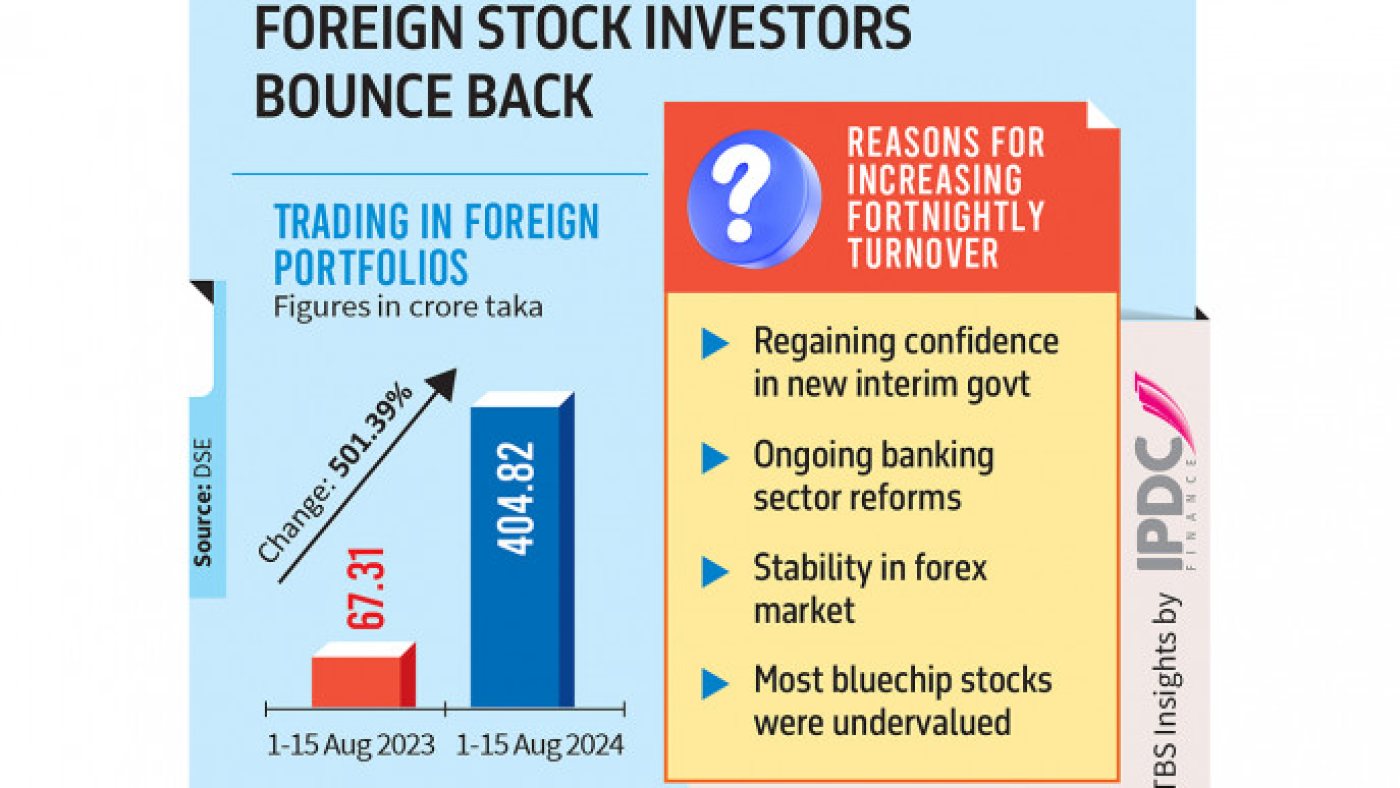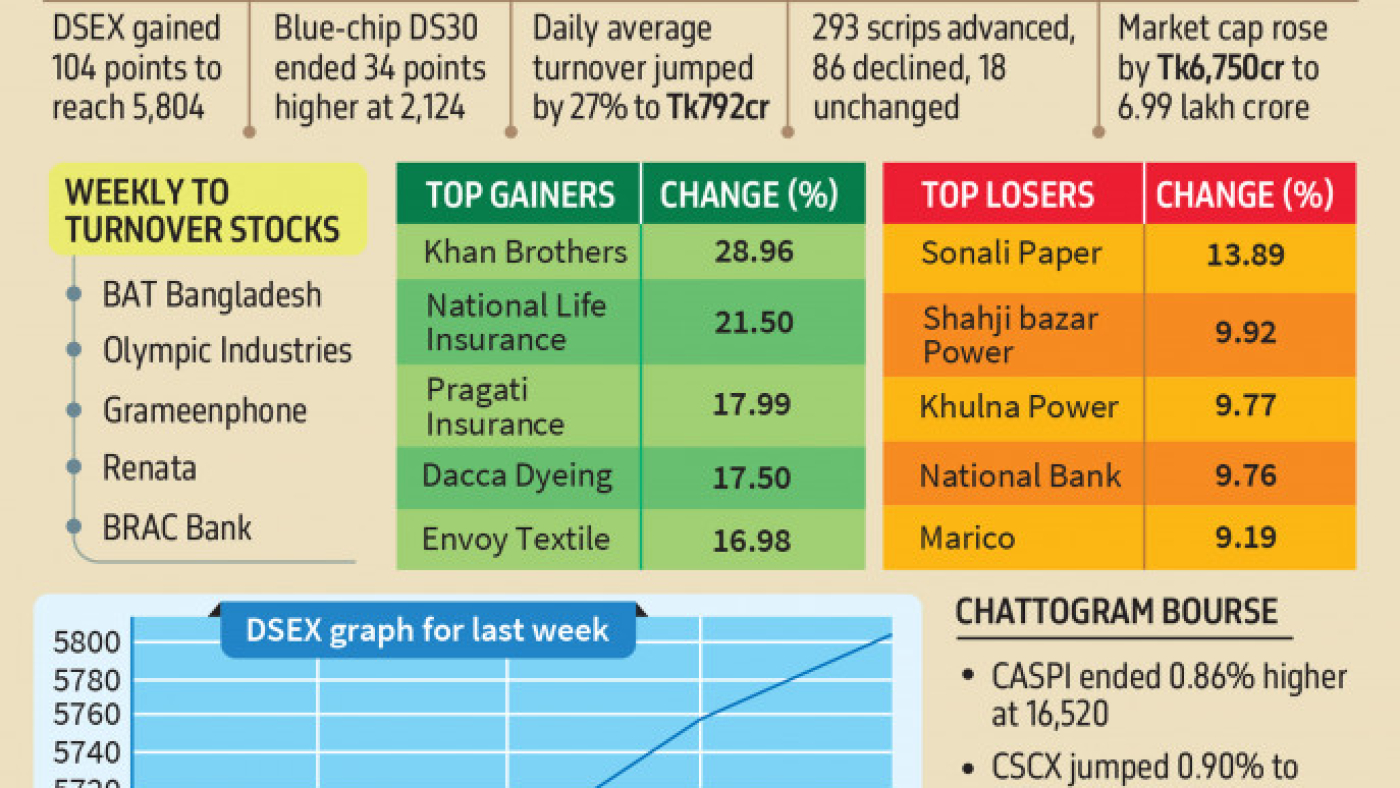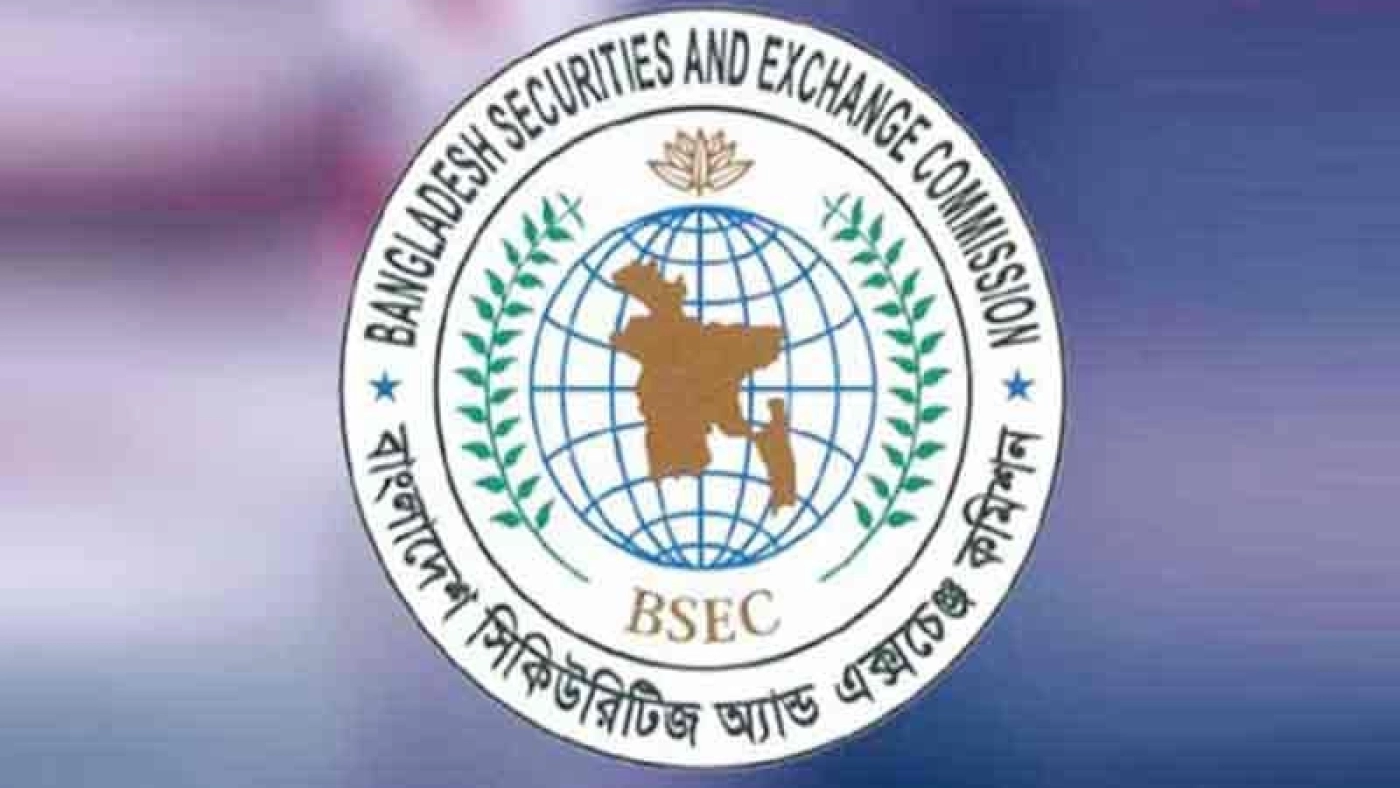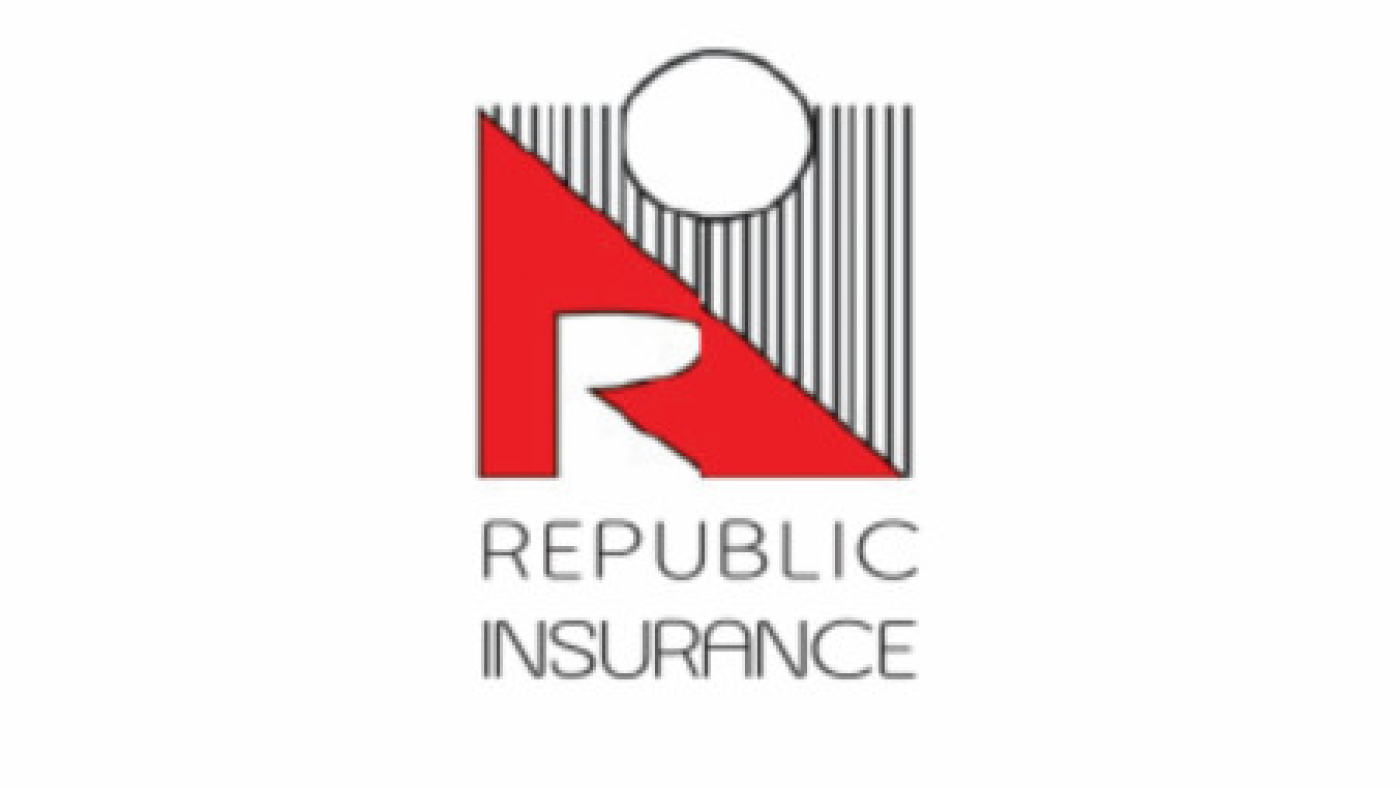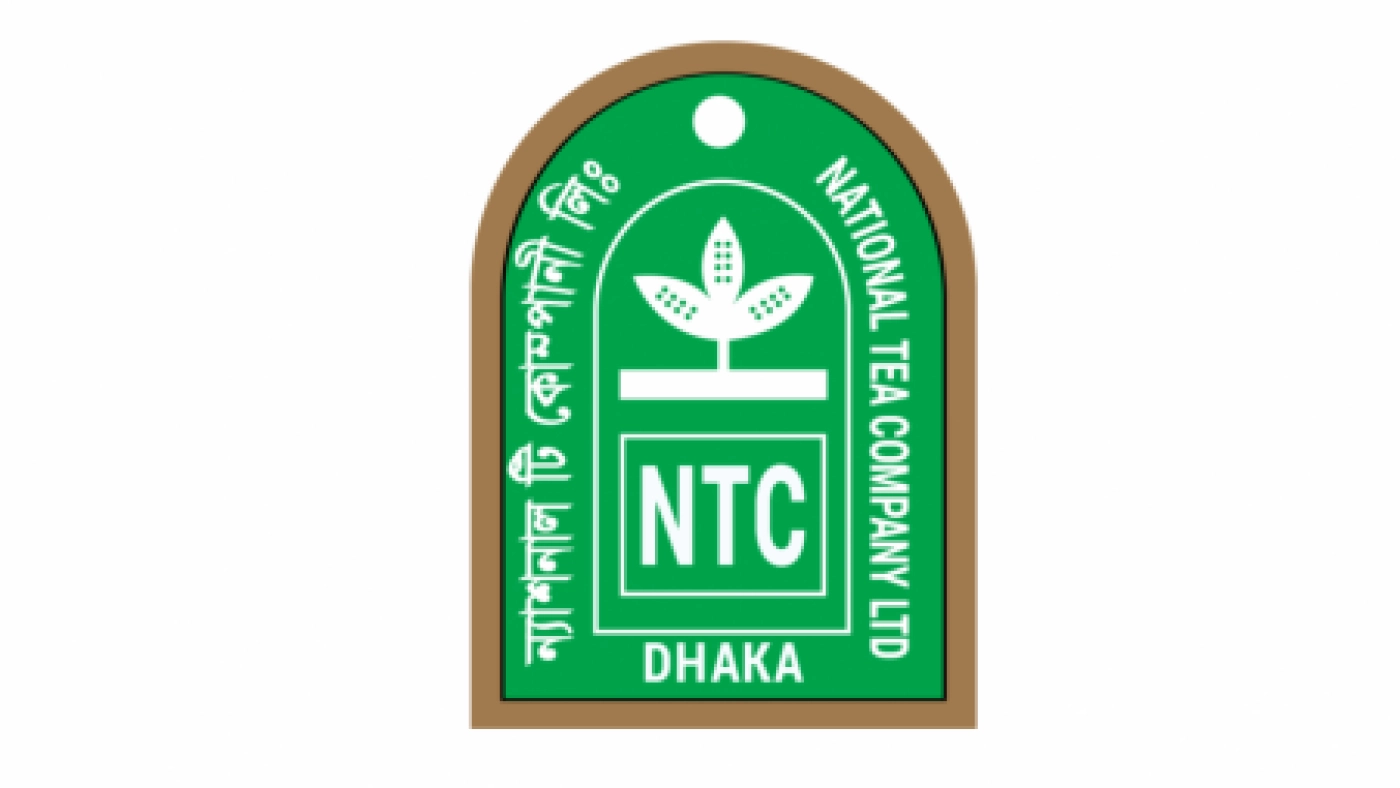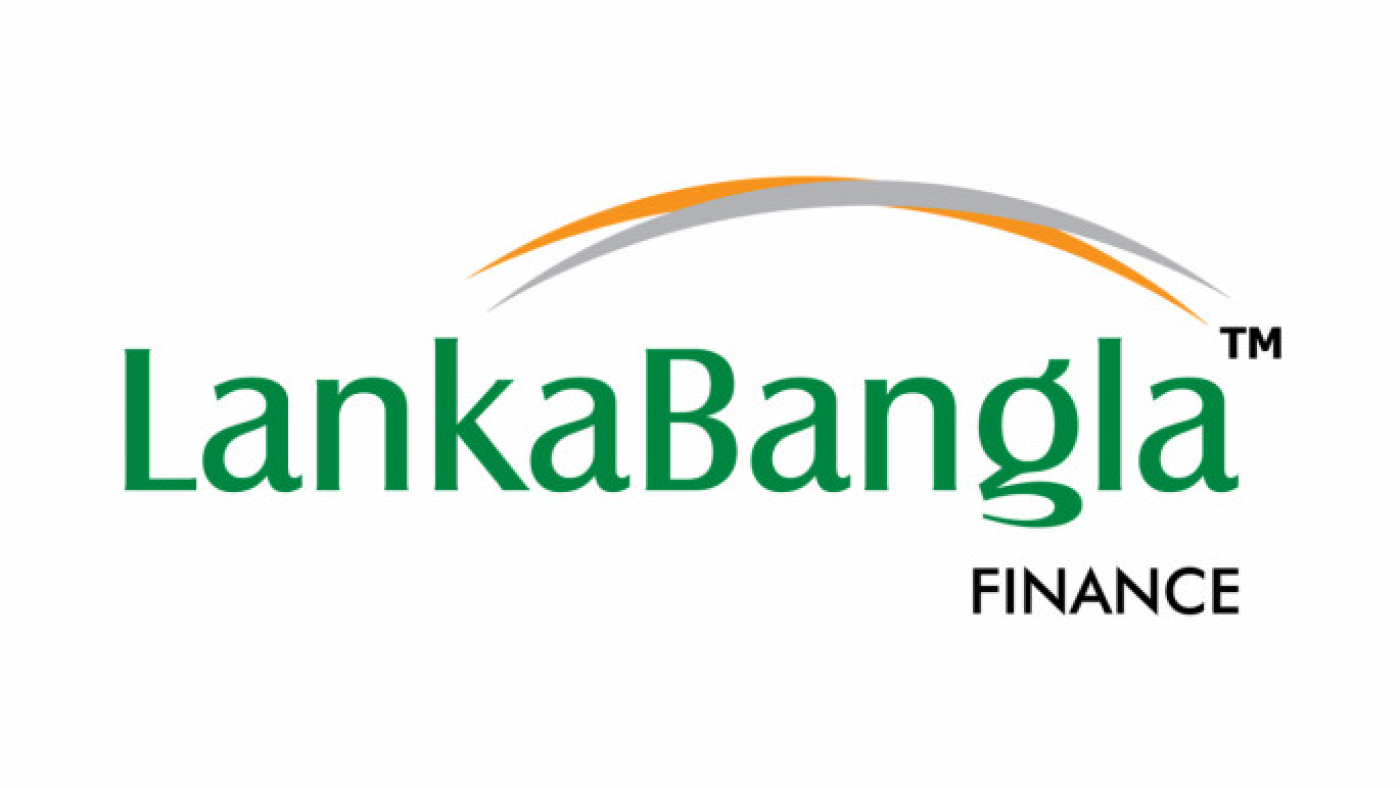An improved operating profit margin, much less impact of the currency devaluation helped its rebound in profitability, according to its disclosure today (4 September).

Walton Hi-Tech Industries is back to the game again, leaving behind two consecutive years of declining profitability.
An improved operating profit margin, much less impact of the currency devaluation helped its rebound in profitability, according to its disclosure today (4 September).
In fiscal year 2023-24, the home-grown electronics and home appliances champion aspiring to be a global giant posted a 73.32% jump in its net profit after taxes to over Tk1,356 crore, the second highest in its history. Earlier in FY21, the company posted its record Tk1,639 crore net profit after all taxes.
Walton Hi-Tech board of directors at its meeting yesterday recommended the highest-ever 350% cash dividend for the general shareholders which translates into a cash dividend of Tk35 against each share having a face value of Tk10.
The sponsor-directors, however, will take less dividends from the company for the past fiscal year as the board recommended 200% or Tk20 per share for them.
The company was yet to disclose its annual turnover, while the disclosed net profit margin ratio suggests that the yearly revenue crossed Tk7,500 crore in FY24, up from Tk7,076 crore in the previous year.
Earlier, it registered some 5% year-on-year growth in turnover for the first nine months of the fiscal year.
Analysts, however, were anticipating a jump in revenue for the last three months of FY24 as the biggest refrigerator selling festival Eid-ul-Adha was in the middle of June.
Walton serves over two-thirds of the country’s refrigerator market while nearly half of the yearly refrigerator sales take place in the Eid-ul-Adha season.
The company yesterday said its operating profit margin at the end of the fiscal year improved to 25.02% from that of 23.46% in the previous fiscal year. It means, Walton managed to make more money at the operating level that includes production, administration and other operating activities including marketing and distribution.
Also, its finance costs declined to 6.11% of the sales, from 11.35% in the previous year, “largely due to the lower impact from the local currency devaluation against foreign currencies.”
Thanks to the comparatively slower appreciation of the dollar against the taka that helped Walton arrest its annual foreign currency losses at Tk157 crore, which surged to Tk469 crore in the previous fiscal year.
In FY23, Bangladeshi businesses had to absorb huge foreign currency losses due to the sharp and stiff rise in dollar prices as import bills were only rising at the stages of settlements of letter of credits six-seven months later.
Walton Hi-Tech’s earnings per share surged to Tk44.78 in FY24, from Tk25.84.
However, the annual net operating cash flow per share dropped to Tk56.96, from Tk111.84 as the company made increased payments to suppliers and the government exchequer.
“The payments were necessary due to higher material purchases and sustainable sales growth,” the company said in its statement, adding that the net operating cash flow was still “reflecting a strong financial performance.”
It also reported a slightly lower collection in percentage terms as it extended support to its business stakeholders for maintaining a robust distribution network in the market.
The financial statements, recommended dividends will be up for shareholders’ approval at the company’s 18th annual general meeting to be held on 29 October. The record date to identify shareholders has been fixed on 30 September.
Walton Hi-Tech Shares closed 2.76% lower at Tk709 apiece on the Dhaka Stock Exchange yesterday. The third largest company in the DSE has had a market capitalisation of over Tk22,086 crore.
Net asset value per share at the end of June stood at Tk379.30.
Source: The Business Standard


